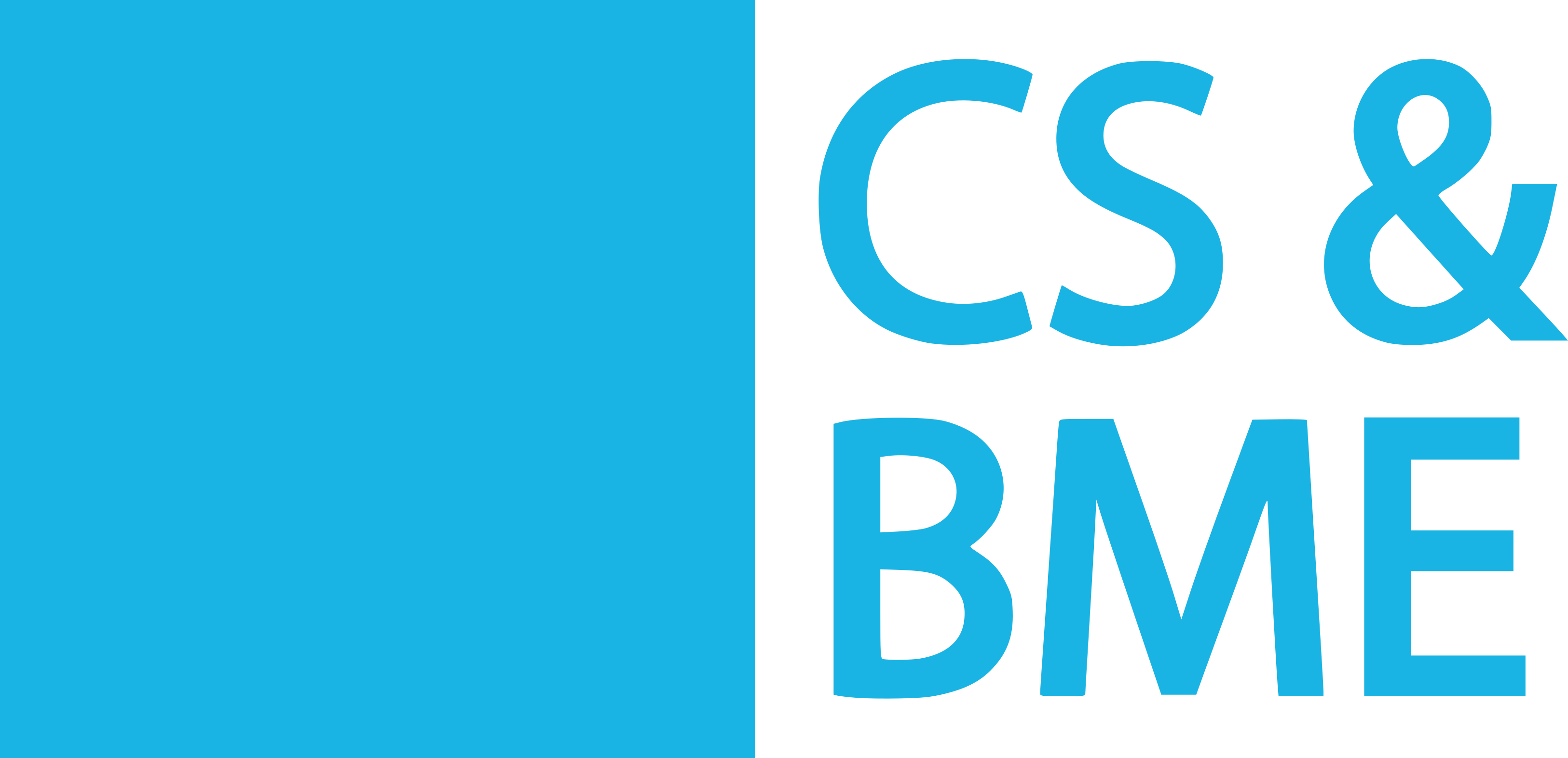CSBME faculty Code of Ethics

CSBME department embraces a central role for integrity in its pursuit of its vision and the vision of TU Graz.
CSBME recognizes the highest ideals of integrity. We understand how each person’s commitment to integrity honors and elevates the entire community, the quality of research and education. Our approach to issues of integrity are to act honorably, to be honest, responsible, worthy of trust and act with the highest levels of responsibility.
The CSBME faculty embraces the centrality of the students’ experience to learn more than academic content, but also to develop skills and values that will support them in managing their approach to integrity throughout their whole lives.
Intellectual and personal honesty is the hallmark of CSBME faculty’s endeavors to advance truth, and to explore deeper understanding. In creating the next generation of graduates to initiate needed change in society, CSBME recognizes the centrality of honesty.
CSBME employees show respect by valuing students’ goals and ideas, by engaging students and each other with intellectual rigor and discipline, providing honest feedback to students and peers with a view to improvement, and by treating every member of the CSBME community as a valued individual.
The CSBME faculty recognizes and understands that it is necessary to ground those high ideals into a well-codified and structured set of rules for its members to follow. Anyone failing to behave at or above these rules must face processes designed to improve their behavior to a higher level in order to stay in the CSBME community.
The CSBME faculty provides fair evaluation processes for all members of the CSBME community. It is an important value at CSBME to have processes spelled out clearly and administered equitably across the organization.
Every member of the CSBME community is charged with accountability for upholding the institution’s core values and expectations. Every member of the CSBME community is expected to exemplify the faculty’s standards and practices.
The CSBME faculty makes it its business to convey the principles of scientific work and good scientific practice to the students already in the courses of the basic studies and to encourage them to be honest and responsible in science.
UG §19(2a)
(Measures in the event of deception)
UG §51 Abs 2 Z32
(What is plagiarism or deception?)
UG §116a
(Ghostwriting)
Artificial Intelligence (AI) in Teaching
CSBME Process of Measures and Consequences DE | EN
